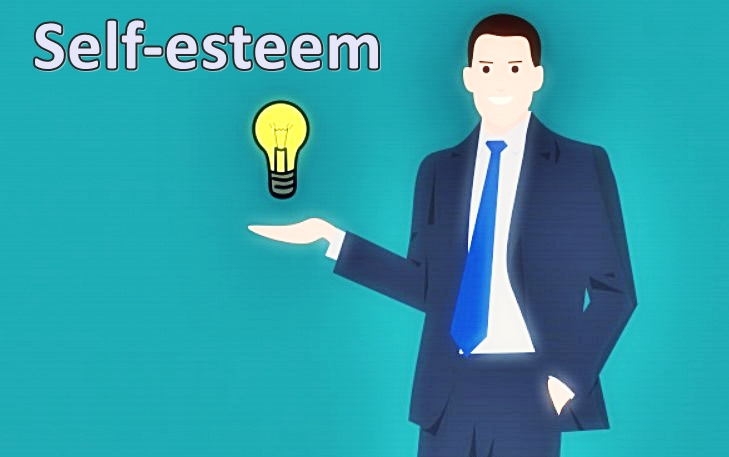Removed from our path have chosen to take away certain elements from our lives, such as toxic persons or behaviors, in order to better focus on our goal line and motivations. By doing this, we can better direct our energy and resources towards achieving success. few would know or admit if they lacked command of their overall life agenda. How could we tell? What signs would indicate that we are on our unique path in life? There are stark realities and subtle hints.
If there is a lack of true expression, enduring joy, vibrancy, and satisfaction in life, then clearly our agenda has been compromised. For who would plan a life marked by conformity, boredom, fatigue, and dissatisfaction? If there is a persistent shirking of one’s dreams out of fear of failure, suffering sadness in everyday life, or a consistent lack of progress toward one’s own clear path, then obviously, we are not in charge of our daily emotions and direction.
We can further ask, “Have I become so like others at work that I am not myself?” Am I acting like someone else in order to please my parents or friends or lover? Do I believe things and behave in ways that are unexamined, causing me problems, or not a true part of my soul? Do I feel the people around me have no idea who I am or what I want?
Did I follow other people without true reflection on what I wanted, and that’s why I have this job or study this topic, or engage in this hobby, or feel trapped in this way of life?” That is it, the ultimate tell: feeling trapped. Should a person feel caged in any aspect of their life, it is an obvious reveal that they have not been owning their life agenda but rather they have been suffering the chains of conformity.

They have been catering to everyone else, slaves to the prevailing ideas or expectations of others, playing a game they never wanted to be a part of. The subtler sign is how we consistently feel about our lives. If we obtain everything, we think we need and every indication says life should be satisfying, yet something still feels “off,” then we know there is a problem. If someone asks, “How are you?” and we don’t feel an honest response rise within us, what does that mean?
It says we have strayed from our unique path in life. If we contemplate the question seriously, we may find that we answer with a mundane lie like, “Oh, well…I guess…I’m…fine.” The fine is conformity’s calling card. Thus, the passion gradually bleeds from our veins when we are merely fine in life. There’s nothing wrong with being bored stiff. When we’re sick and tired of doing what they told us, things are fine.
It’s all right to march to the beat of another’s song when we’ve been doing it for a very long time. In life, everything is fine when we are aching for more adventure, passion, intimacy, creativity, contribution, drive, independence, freedom, and more life. It is not enough to be fine to be alive. What could be more amazing, thrilling, inspiring, fanciful, phenomenal, and beyond grateful than that? Moreover, we every so often feel silent about what matters to us, a subtle indication of trouble.
The more we don’t ask for what we want, the more likely it is that we’ll accept whatever comes our way. “Does the world know who I am?” is a question we must ask ourselves. What I truly want from life and who I am do my family and friends know? Do my peers and leaders know what I am really passionate about learning, working toward, and contributing?
Our answer is obviously not who we are or what we stand for if we respond with a no. A silence like this reveals a fear of rejection or an unhealthy desire to fit in. Neither life nor individuality can be heard in this conformist silence. Suffering settles in such silence. It is a fundamental element of a free life to speak up for yourself and tell the world what you desire. Lack of focus is another clear sign that someone’s life agenda isn’t their own.
Contemporary distractions are robbing our lives of purpose and progress. Our technology is becoming an emotional addiction, a device that somehow manages to control us more than we can control it, even though it has no soul or intent. As humankind becomes increasingly reliant on its own tools, it will soon become a slave to them. We devote hours checking in, updating, and swiping, but to what end?
There’s a feeling of being adrift in a digital stream we never consciously entered. Our ship is sinking. It doesn’t take long for us to transgress from a meaningful task to something irrelevant as soon as we begin. Our days are filled with long gaps of browser blackouts and app amnesia moments when we are lost in a long string of clicks and swipes that steal away our energy and leave us feeling lost and unmotivated.
Even so, so many individuals appear effective, so busy with various tasks, tracking everything unimportant to the nth degree. These days, we are able to measure how many hours we sleep, how many steps we take, how many calories we burn, and how many pages we browse.
Every move we make is documented in photos and videos. Our knowledge of ourselves is limited. Rather than checking our souls, we check our stats. The data we collect from our life experiences is not as deep as the depth of our experience. In spite of all these numbers, we don’t know how to dial back the numbness.
In checking in, we are checking out of our own lives and becoming voyeuristic, peering gape-mouthed into the sordid details of other people’s lives for entertainment or connection. We should measure, monitor, and improve our story, character, and conduct-a mindfulness of who we are and how we experience and relate to the world.
The process of reclaiming our life agenda involves asking ourselves, “Am I pleased of who I am and who I am becoming?”. Do I feel gratified with what I do and how I contribute to the world? Is my focus on living my highest truth and serving my highest good as I appreciate this day and its opportunities?
These are the only measures that really matter when it comes to checking in on ourselves. As we continue to drift into the oblivion of deep digital streams, clicking, swiping, and drowning in distractions, we may reach our defining moment, or we may choose to stand above all the noise and, finally, after all this time, choose to refocus on what actually matters. Rather than allowing ourselves to be controlled by digital distractions, let us boldly ask what that says about us. We are no better off than an alcoholic who can’t avoid a bar or a gambler who can’t avoid the casino, since it’s an addiction.
The lives of those who are continuously checking in look like this: They wake up each day and their first act is to review the messages left by others, always terrified they may have missed something that someone else wanted on a whim just a few hours or minutes before. Second, they divide up their time according to how much time they must devote to responding to others’ needs and requests rather than what they should accomplish to achieve their dreams.
Their obsession with meeting others’ demands does not make a distinction between influences and idiots, nor does it give priority to whom they reply with equal frenzy and devotion. They are busy responding to everything all day long. A self-imposed fear of falling behind is all they have, no vision.
Fundamentally, their goal in life is to “get through” it all, to “catch up” in a race they shouldn’t have entered and won’t win. Should we have the courage to take back our own lives and advance once more towards expressive goals every single day regardless of the circumstances, this needn’t be our fate. This is the day when we need to be more intentional about what we want and what deserves our golden attention.
Removed from our path must learn to accept that some things are out of our control. We must also recall that sometimes it is a blessing in disguise when somebody or somewhat is removed from our path. We should focus more on adapting to the varying environment and growing from it.
Read More – Fear of Failure in Relationship






